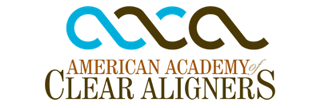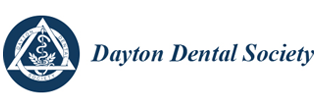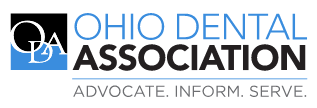Tooth Extractions
Dr. Stephen Denny performs extraction procedures with minimum discomfort thanks to the latest techniques, tools, and anesthesia.
Permanent natural teeth are meant to last a lifetime. However, there are several reasons why tooth extraction becomes unavoidable including: badly damaged or infected teeth, crowded mouth, and other orthodontic or cosmetic issues.
When a tooth is extracted, it is removed from its socket in bone. Extractions are typically a last resort when a tooth is beyond repair from tooth decay, periodontal disease, trauma, or overcrowding.
Tooth Extraction Process
Before extraction, Dr. Denny will talk with you about your general health, noting allergies and prescription medications. He will also talk with you about your dental history, paying attention to previous extractions and reactions to anesthetics. An X-ray will be taken to determine tooth structure and position (especially if it is impacted). If an infection is present, antibiotics may be prescribed. Before the extraction, Dr. Denny may recommend that you stop certain medications.
Tooth extraction may be conducted under local anesthesia if the tooth is exposed and easily removed. A clinical instrument called an elevator is used to loosen the tooth, widen the space in the bone, and detach tiny elastic fibers that attach the tooth to the bone. Once the tooth is separated from the bone, it is gently lifted and removed with forceps.
After-Extraction Care
After an extraction, you will be required to bite on a piece of gauze for 20 to 30 minutes so blood can clot. A gentle rinse with warm salt water a few hours after surgery helps keep the area clean.
Some bleeding and swelling can be expected in the first 24 hours. For comfort, you can press ice packs to your face to reduce swelling. Most of the swelling and bleeding will reduce entirely in a few days, and complete healing will take about two weeks. Eating soft and cold foods for a few days after the procedure may be more comfortable.
Contact Indian Ripple Dental at (937) 427-1749 or send an email to frontdesk@indianrippledental.com to schedule an appointment.
Request An Appointment
Contact us today for more information or to make an appointment.





